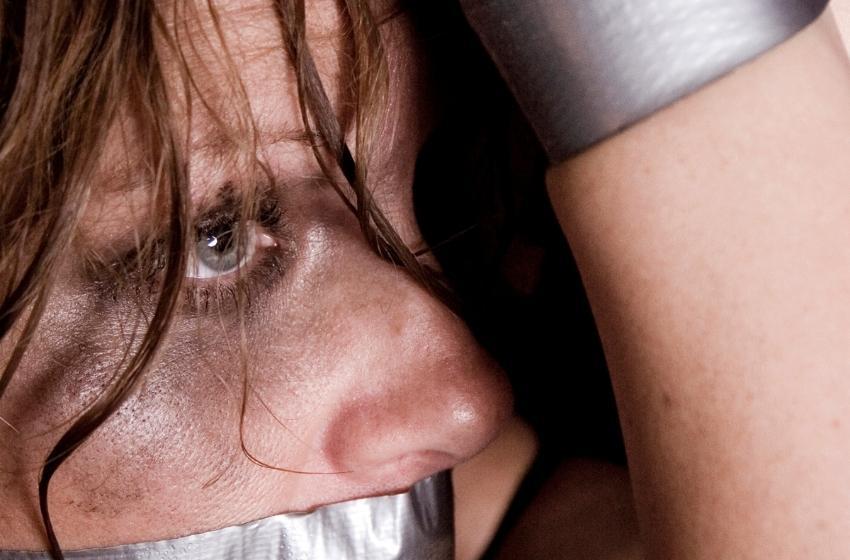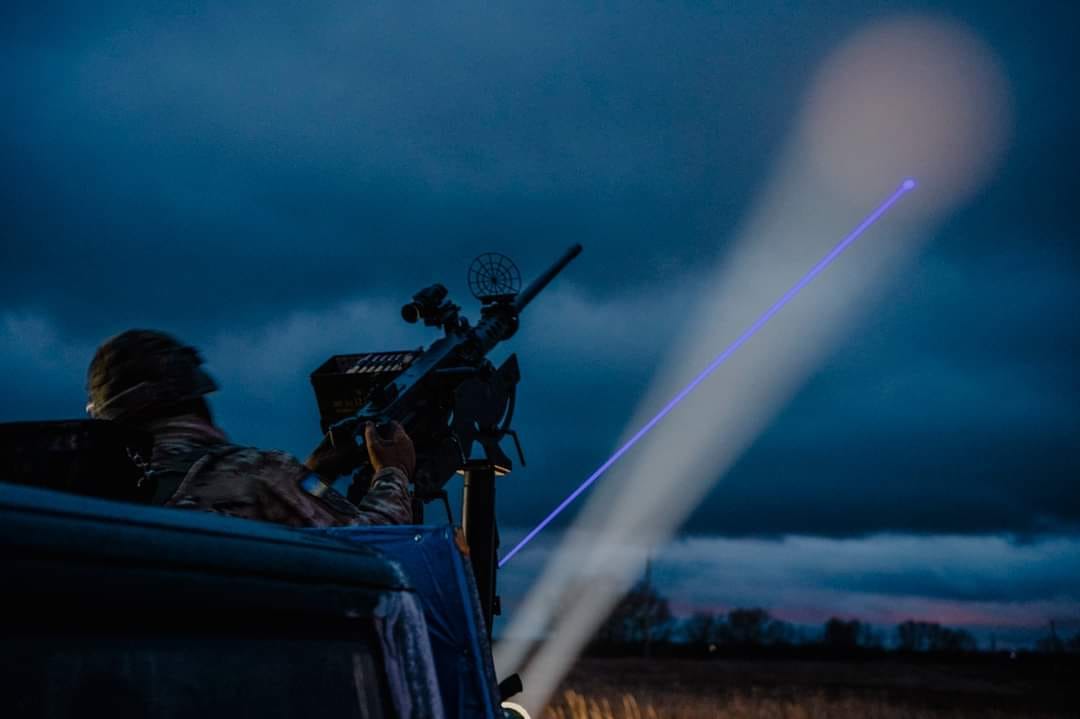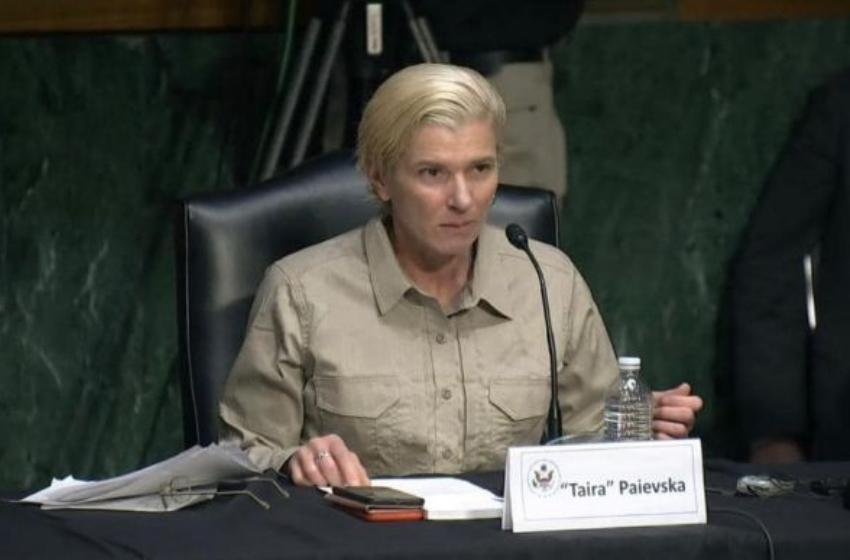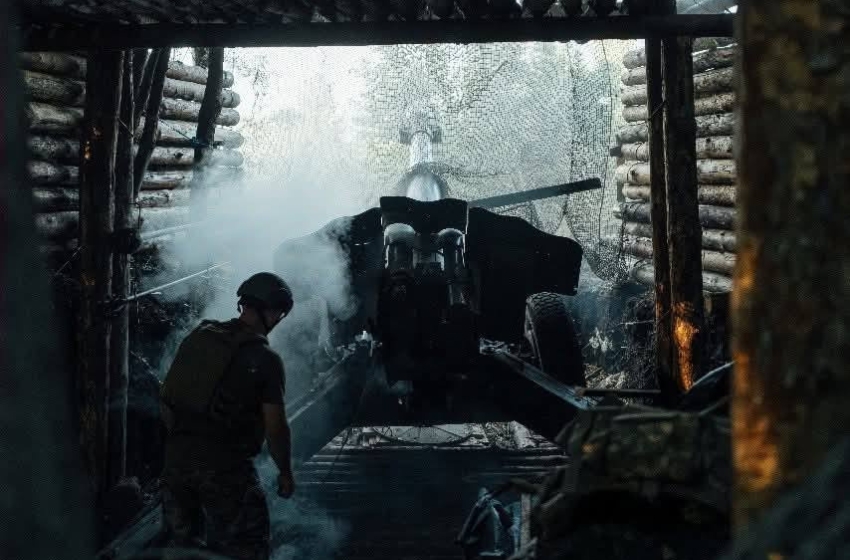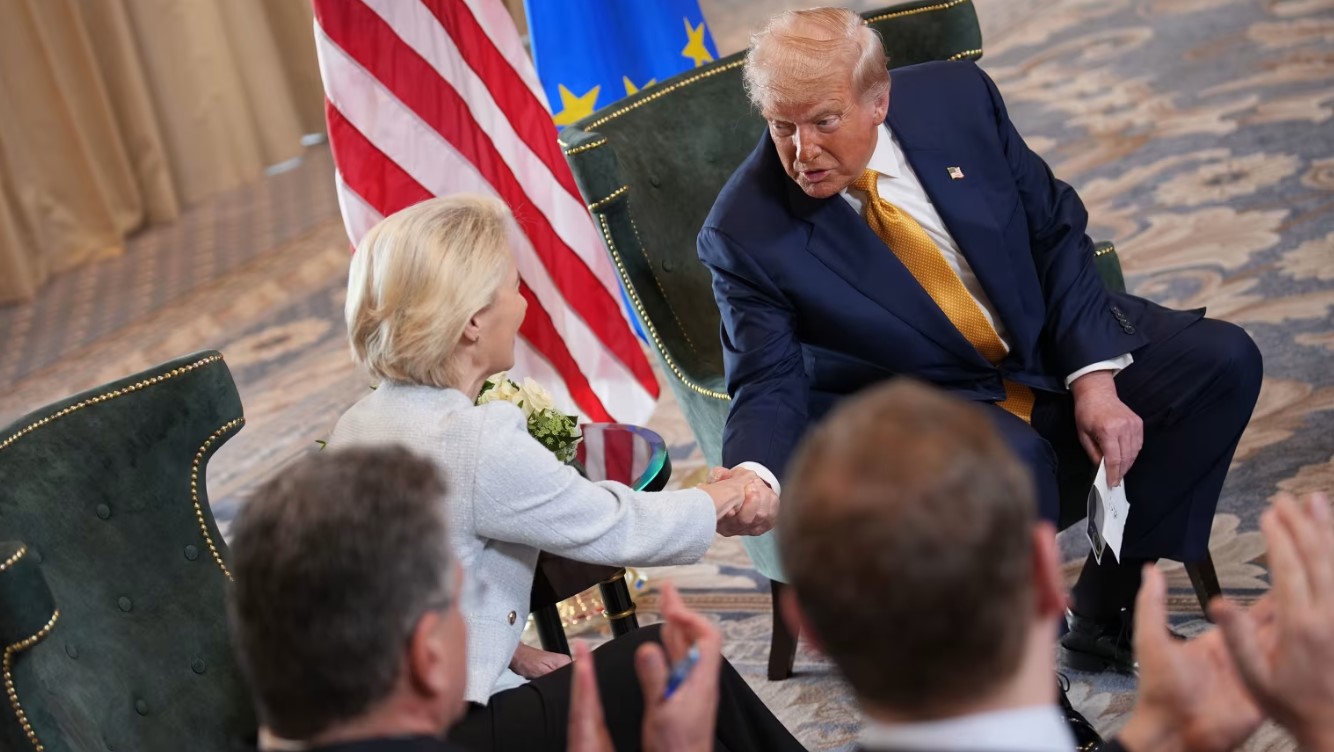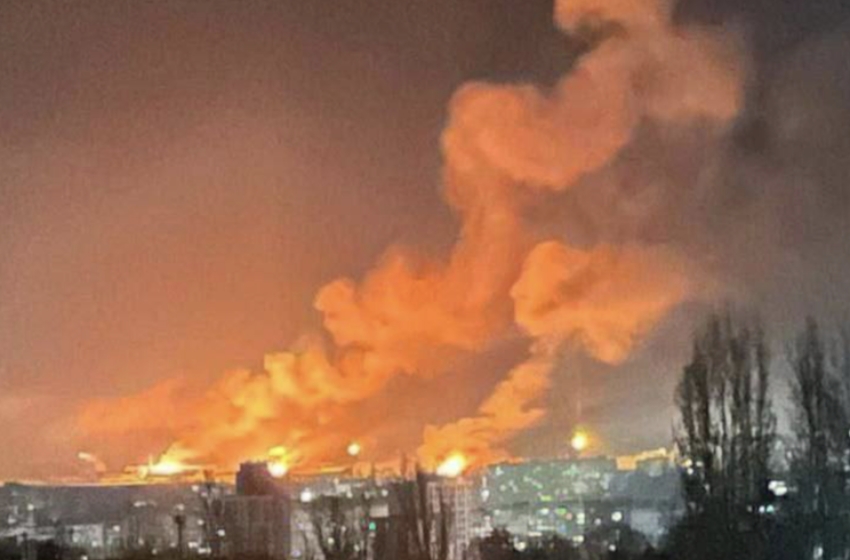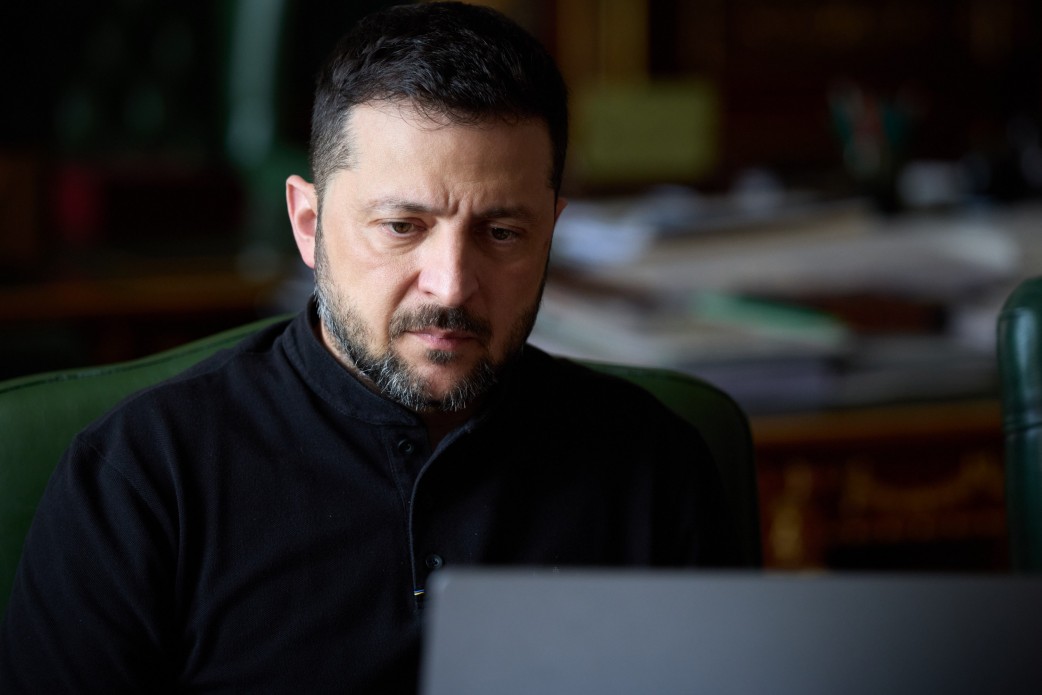Twenty-one volunteer drivers, whom the Russians kidnapped in Mariupol at the end of March, were released and now testify to the crimes committed by the occupiers against the civilian population.
Volunteers for the first time publicly told in Warsaw what the conditions of detention were, and how they managed to get out of captivity. They also noted that the so-called "DPR" members still support one more of them - volunteer Serhiy Tarasenko, whose fate is unknown, TSN notes.
They forced them to trample on the Ukrainian flag, gave them 150 milliliters of water a day, and the men were beaten and tortured with electric shocks - this is how Anna Vorosheva recalls her hundred days in captivity with horror. Since the beginning of the full-scale invasion of volunteers, the Mariupol florist-decorator has been delivering medicines and food to those who needed it more.
“On March 27, I was detained at a checkpoint trying to leave Mariupol. At that time, I was driving a jeep filled with food, hygiene products and children's medicine, insulin,†says the volunteer.
The car and the goods were taken away, and the woman was taken to Mangush, and then there were several stages; the Yelenovskaya colony â„– 120 became the final destination.

“The worst thing that brought me to tears every time was when you heard the sounds of beating, the cries of people with a plea to stop the bullying, it was the worst thing. We were with the lights on, constant noise, music, screams, just the background inclusion of gray radio frequency noise,†says Anna.
They slept on the concrete floor, got sick from cold and hunger, but received no medical care. There were over 150 women there.
“They were former policemen; there were several civilians, they were cooks, nurses. The last exit from Azovstal there was a girl who was engaged in academic singing - Katya, the so-called "Bird", she is a volunteer, but she was there,†says the former captive.
In 120 colonies, the woman met other volunteer drivers. It turned out there were 22 of them, they did not know each other, and they were taken prisoner at different times and in various districts of Mariupol.
IT specialist Konstantin Velichko helped his acquaintances and friends get out of the occupied Mariupol and Berdyansk. During one of these flights, he was seized by the Russian military at the extreme checkpoint of Mariupol. They accused him of taking out the Ukrainian military for money.

“We were moved blindfolded; we were blindfolded with adhesive tape, our hands were wrapped, bags were put on our heads. If I did not sit correctly, they beat me on the legs, if I lowered my arms, they beat me on the arms,†the man recalls.
I was interrogated, and I was forced to sign a protocol after the interrogation.
“There were a lot of articles in that protocol, as we later realized that they basically accused us of terrorism, that we allegedly carried out terrorist actions in the controlled territories of the DPR,†says former prisoner Stanislav Glushkov.
Many people fought for the release of volunteer drivers. Who played the key role is still unknown.

“Our relatives, relatives, friends, just acquaintances, volunteer organizations, the Ukrainian authorities - everyone participated in this process and we have no answer why this paper suddenly came from the prosecutor’s office, which decided to release us,†says Kostya.
Most of the released volunteers were selected from the "DPR" through Russia, Latvia, Lithuania, and Poland. The journey was long. Now they want to recover physically, get medical treatment and stay with their families, and then they say to return to volunteering again.









